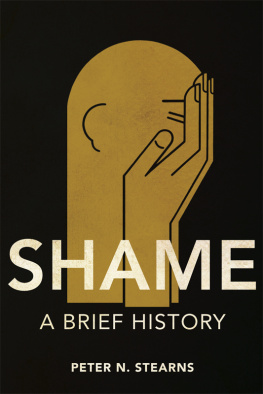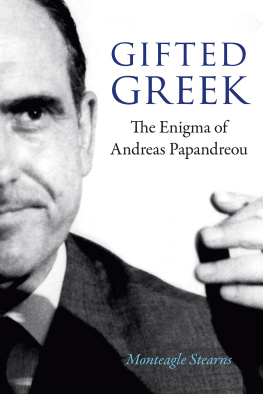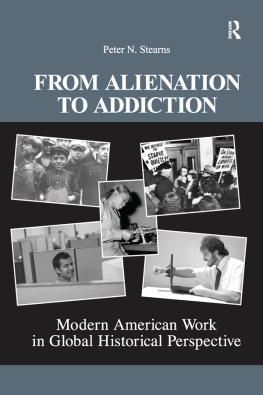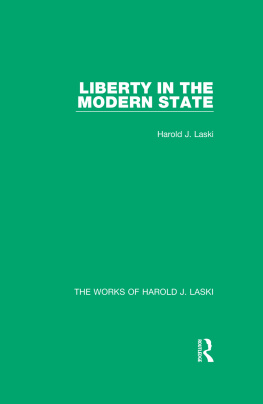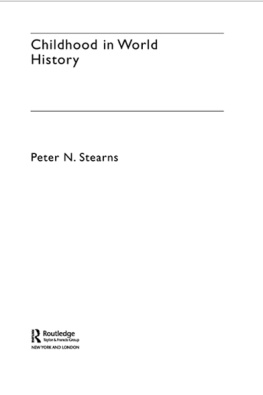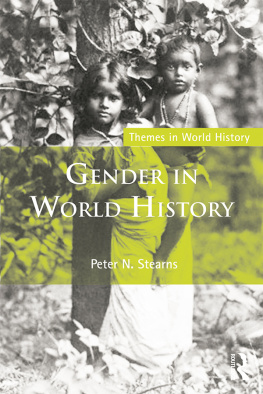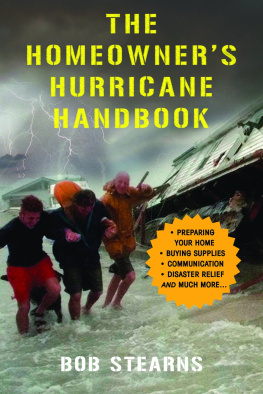I. ACCIDENTALLY I GET BORN
W HY, one of my alert classmates at Harvard once asked me, do all the old autobiographies begin with the statement, I was born, at so-and-so on such-and-such a date, of poor but honest parents?
I shrugged my shoulders to indicate that I didnt know. He enlarged upon his question, his tone becoming mock-indignant.
Why but? Would it not be more correct to say, I was born, at so-and-so on such-and-such a date, of poor andtherefore or consequently being understoodhonest parents? Why the opposition expressed by but?
My classmate snorted.
For Gods sake, he said with great weariness, if ever you come to write your autobiographya fate I wouldnt wish my worst enemyplease, at least, begin it with this sentence: Born of poor, and consequently honest and decent parents, I reluctantly saw the light of day at
* * *
At Barre, Massachusetts, on May 7, 1891.
Or so I was told laterand have every reason to believe. Certainly my earliest recollection is of running after a horse and wagonin which was a boy I knewalong a country road near Wakefield, Massachusetts; and I couldnt have been much more than three or four, because I didnt go to school until later. And going to school, in the Massachusetts of those days, as now, meant being five years old. Somehow, too, the words eighteen ninety-five have always been associated with that, my first clear memory of anythingwords spoken by somebody in answer to a question propounded by a little girl, with a pigtail down her back and in bare feet, whose picture is almost as clear in my mind as that of the horse and wagon. And it was summer, too (I can remember that now); my May birthday must have gone by; I was a little over four years old.
It was only a few weeks or so later, for it was still near Wakefield, still the same summer, when I first became aware that I was different, that I had no father. For then I dont think I should have known what was meant, when you said anybody was dead. Like all young animals, I ran away from death emotionally as well as physically, whenever I saw it in the form of a still bird blown down from the nest by the wind, or a cat, which, I still remember hearing somebody say, had gone into a dark corner to die. Also I can recall my mother telling me Your father is in Heaven, which I thought was a place to which one might really travelwhen one was a bit older and could do what one wanted.
The real facts of the matter, as I subsequently found out, were simply that I was a posthumous child. My father had died three months before I was bornsuddenly, from heart disease, something that, during my early teens, I thought I had inherited. His deathin Brockton, Massachusetts, where he had been in the retail jewelry business, owning a little store of his own, and where he had always planned to build a house, the blue-print plans of which my mother used to show me later on (and those plans I can remember to. this day)his death, I repeat, had so upset her, my mother told me, that she had temporarily lost her mind. As a result, she had not only forfeited all claims to what little property he had intended to leave her but didnt (dying intestate), but also she had had to be confined for a few months in a sanitarium in or near Barre, where I was born. She had recovered her reason shortly after I came into the world, but God had left her a penniless widow with two children to support. The accuracy of this I cannot, of course, vouch for, but certainly my mother lived up to all those claims she imposed upon herselfwhich would have naturally resulted, had the story been true. (And for all I know, substantially it was true; though my brother, later on, for no good reason I ever was able to discover, gratuitously made my childhood miserable withwhenever I thought of themdark hints that I did not know the whole story.) In any case, my mother fought a valiant and surprisingly successful battle to keep her children and to keep up a home. Not many women would have had her courage. As a boy, I was supersensitive to her small faults; as a man, I now want to pay tribute to her indomitable spirit.
Only flashes of memory illuminate those early years. There were rides in the old-fashioned street-cars through Boston and many of the small suburbs; there was a month or so in a home, where there were the clatter of small children in a yardand all the children dressed alike in a kind of grey-blue suit, almost like a prison uniformand the tasteless breakfasts with thin milk and not enough sugar for the oatmeal. But there are some visual images which still keep a certain vividness, and many of them, especially those of natural beauties like the ocean, marshes, frozen little brooks through the winter woods, hills, and country meadows under a broiling July and August sun, give me a kind of clue to what was, when all is said and done, a rather solitary and unhappy young boyhood.
Cliftondale near Swampscott and Lynn and Maldenthen a little townis for me the most enduring of those visual memories. I lived there with Pa and Aunt Gallup, some friends of my mothers. Pa ran a grocery store, with a Bon Ami sign hung up in the back (I remember that sign, which I used to pronounce Bon-Am-I, with its chicken and its slogan, Hasnt Scratched Yet!), the cracker barrelswhich were literally just thatof the epoch, the sweet and pungent spices, the candy counter for children of my age with its two-for-a-penny licorice sticks, the soft, glue-like fly-paper, the bars and bars of neatly wrapped, clean-smelling soap. Pa Gallup had a bad limpacquired during the Civil Warand had to hobble around the store with a big cane. Once in a while, when business was slack, he would tell me stories: I like to think now that he was fond of meas I know I was of him. Occasionally I would run errands for him, and I was particularly proud when I was entrusted with some big order, which involved a half dozen packages.
From atop the little hill, only a short distance from Pa Gallups store, one might see across the marshes to the ocean, with the blur of industrial Lynn in the hazy distance to the left. There were sailboats a-plenty, and now and then a steamer with its smoke trailing lazily behind it. When I got tired of looking at the sea and the boats, I would lie on my back in the soft, warm grass and watch the clouds drifting by, building magic castles in the air and day-dreaming all kinds of wonderful and pleasant thingsjust as do all children of that age. On other days I would take the two or three mile walk down to the marshes with a boy who lived in the house across the street from Pas store. There was a salt-water swimming pool there, when you had been taught the secret of how to find it, but I had not yet learned to swim and could only paddle in the brackish seven or eight square yards of water. Other days my friend and I would go to the pine woods, atop another small hill which we passed on our way down to the marsh swimming-pool. My friend was three or four years older than I, and he delighted in telling me all kinds of fantastic yarns (whether he believed them or not I dont know), many of which I did not understandparticularly the sexual stories, for he was at just that age when he knew all about it.
Fortunately, most of these stories didnt register very deeply; my mind and imagination were always on other things. I lived in a world of phantasy of my own. But I would break through that protective shell of my own dreaming now and thenoften enough, I now remember, to become aware that what my friend was telling me about the mysteries of life did two things, rather contradictory: they shocked, yet at the same time attracted me. Alternately I felt a curious youthful shame (or perhaps it was just a vague fear of punishment, for I had been taught these things were naughty) and a strange new excitement. But as I have said, I would soon go back into my shell. And this withdrawal was only partly due to my temperament; in a strange way it was also due to my experience, that is, my knowledge that I had nobody with whom to talk over these things. (I had tried Pa Gallup once or twice, but he had, I noticed even then, quickly changed the subject.) If only I had had a father! My friends talks made me a little bittertheres nobody


